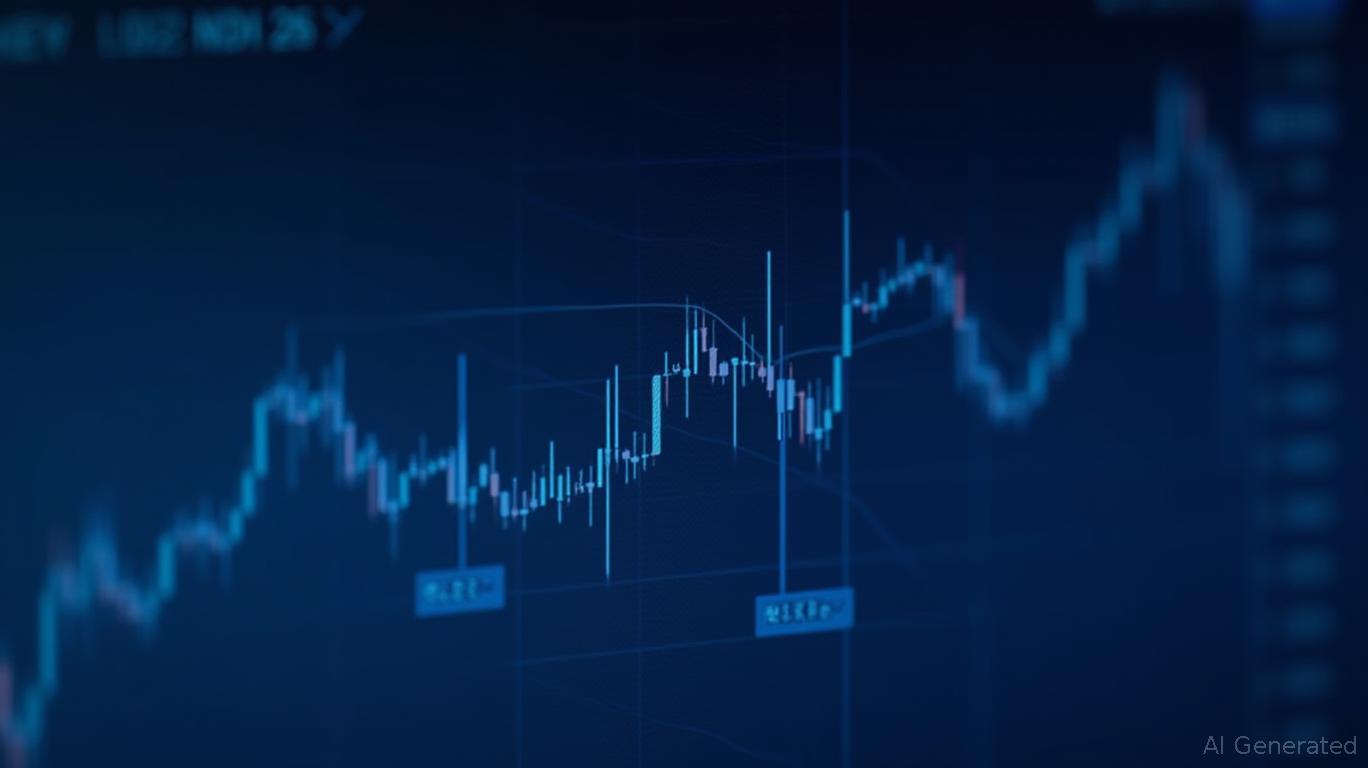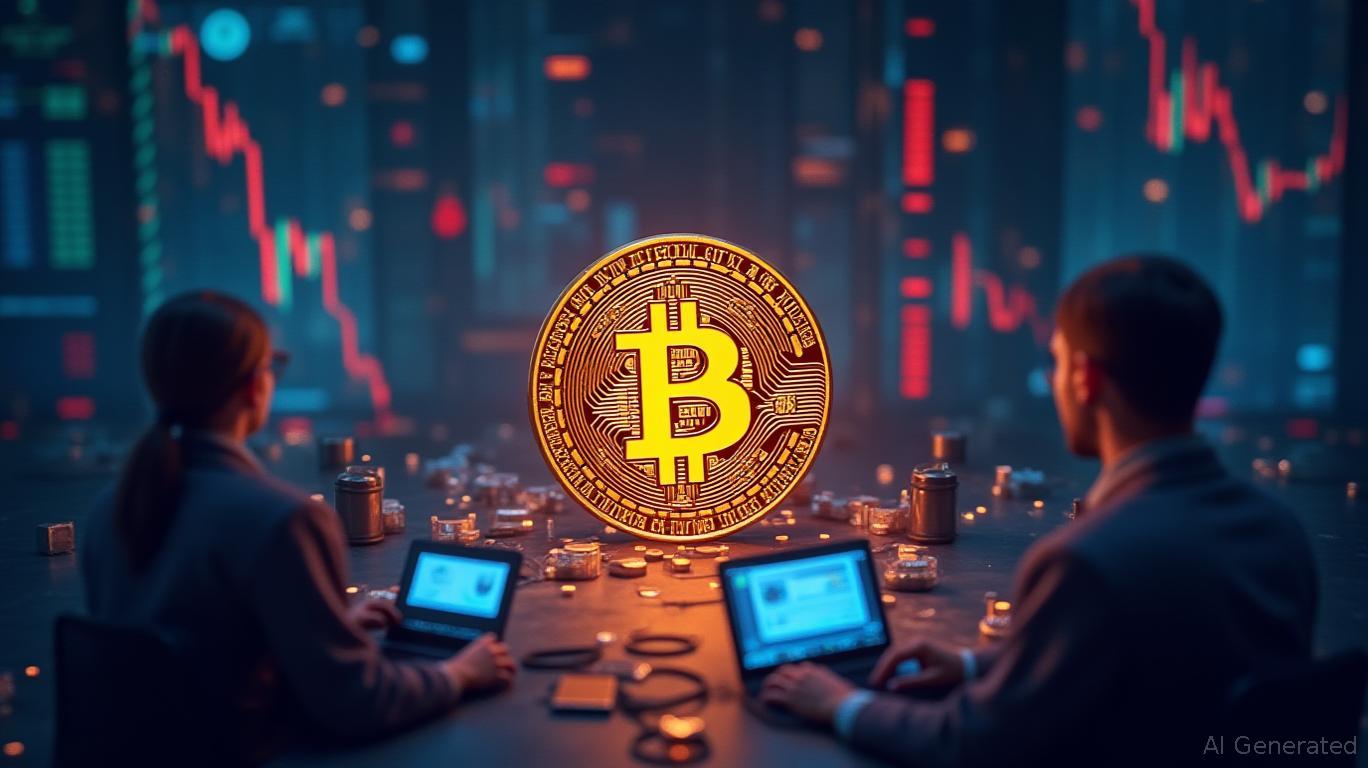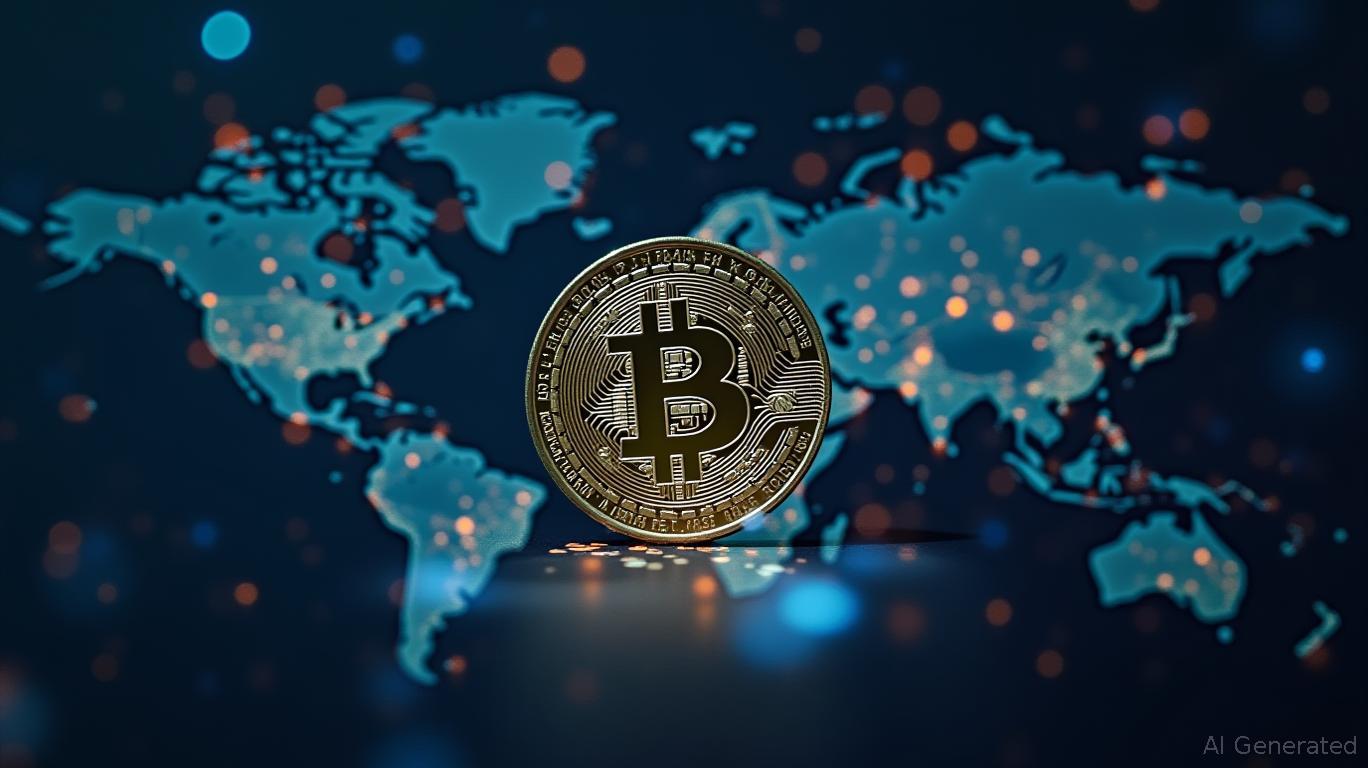Pfizer Files Lawsuit Against Novo: Alleges Competitor Engaged in Antitrust Scheme to Dominate Obesity Market
- Pfizer sues Novo Nordisk and Metsera in Delaware courts, alleging anticompetitive tactics to block its $7.2B obesity drug acquisition. - Novo's $8.5B superior bid for Metsera's GLP-1 pipeline—valued at $5B peak sales—triggers legal claims over regulatory bypass and contract violations. - Pfizer leverages early FTC approval for its deal, seeking court orders to force a November 13 shareholder vote amid patent expiration threats. - The dispute highlights $150B obesity market stakes, with Novo defending its
Pfizer Inc. (PFE) has intensified its legal efforts to maintain its stake in the obesity-focused biotech company
The dispute revolves around Metsera’s pipeline of experimental GLP-1 treatments, which feature a once-monthly injectable that has demonstrated an average 14% weight reduction in clinical trials, as well as a chemically stabilized oral version. Analysts estimate these products could achieve peak annual sales of $5 billion, according to

Pfizer’s legal argument is based on its regulatory advantage: the FTC ended its Hart-Scott-Rodino review early on October 31, ahead of the November 7 deadline, as noted by
This legal showdown highlights the growing rivalry in the obesity medication industry, which analysts expect to reach $150 billion in value by 2030. Novo, facing increased competition from Eli Lilly’s tirzepatide, is working to strengthen its drug portfolio before semaglutide patents expire. Meanwhile, Pfizer is attempting to gain entry into the sector after discontinuing its oral obesity drug candidate, danuglipron, as reported by
Metsera’s investors, led by Population Health Partners and ARCH Venture Partners, are under investigation for possible collusion with Novo, according to
With Pfizer facing a November 5 deadline to respond to Novo’s proposal and a shareholder vote approaching, Delaware courts are poised to decide whether competitive issues or contractual commitments will take precedence in this major pharmaceutical dispute.
Disclaimer: The content of this article solely reflects the author's opinion and does not represent the platform in any capacity. This article is not intended to serve as a reference for making investment decisions.
You may also like
XRP News Today: XRP’s $2.4–$2.5 Support Level Under Pressure: Will It Bounce Back or Drop Further?
- XRP faces critical $2.4–$2.5 support test amid broader crypto market declines, with technical indicators hinting at potential rebound if buyers defend this range. - Ripple's institutional expansion through Palisade acquisition and chip-enabled prepaid partnerships aims to drive long-term value despite 15% weekly token decline. - Key technical levels at $2.60 (200-day EMA) and $1.90 (June support) could determine whether XRP follows DOGE's volatile pattern or establishes sustained bullish momentum. - Mark

Hyperliquid News Today: Buzz and Speculation Drive BSC Meme Coin Rally, GIGGLE Approaches $90 Million
- GIGGLE, a BSC meme coin, surged 22% to $87.21M market cap, sparking broader BSC meme token rallies. - "Binance Life" and "Hakimi" saw 20-15% spikes, driven by speculative demand and community hype per Lookonchain. - BSC's low fees and Binance's ecosystem support create fertile ground for meme coins, noted blockchain researchers. - Experts caution BSC meme coins remain highly volatile, with risks from social media sentiment and unclear regulations.

Crypto Fraud Rises While International Authorities Strain to Catch Up
- Singapore and Malaysia intensify cross-border crackdowns on crypto scams, seizing $150M assets linked to Cambodian syndicates and pursuing regional fugitives. - ZachXBT ranks Nigeria, India, Canada, UK, and Russia as top jurisdictions for crypto fraud recovery challenges due to legal delays and frozen assets. - Meta deploys AI tools to combat WhatsApp/Messenger scams, aligning with Singapore's facial recognition mandates under the Online Criminal Harms Act. - Global fraud surges include $500M telecom loa

Treasury Targets International Network Supporting North Korea's Nuclear Program
- U.S. Treasury sanctions 8 North Korean bankers and 2 firms for laundering $5.3M in crypto to fund nuclear programs, targeting First Credit Bank and Ryujong Credit Bank. - Report reveals North Korea's cybercrime schemes siphoned $3B in digital assets over three years via global shell companies and financial networks in China/Russia. - U.S. seeks UN sanctions on 7 ships illegally exporting $200M-$400M/year in coal/iron to China, but faces Russian/Chinese opposition to stricter measures. - Secondary sanctio
